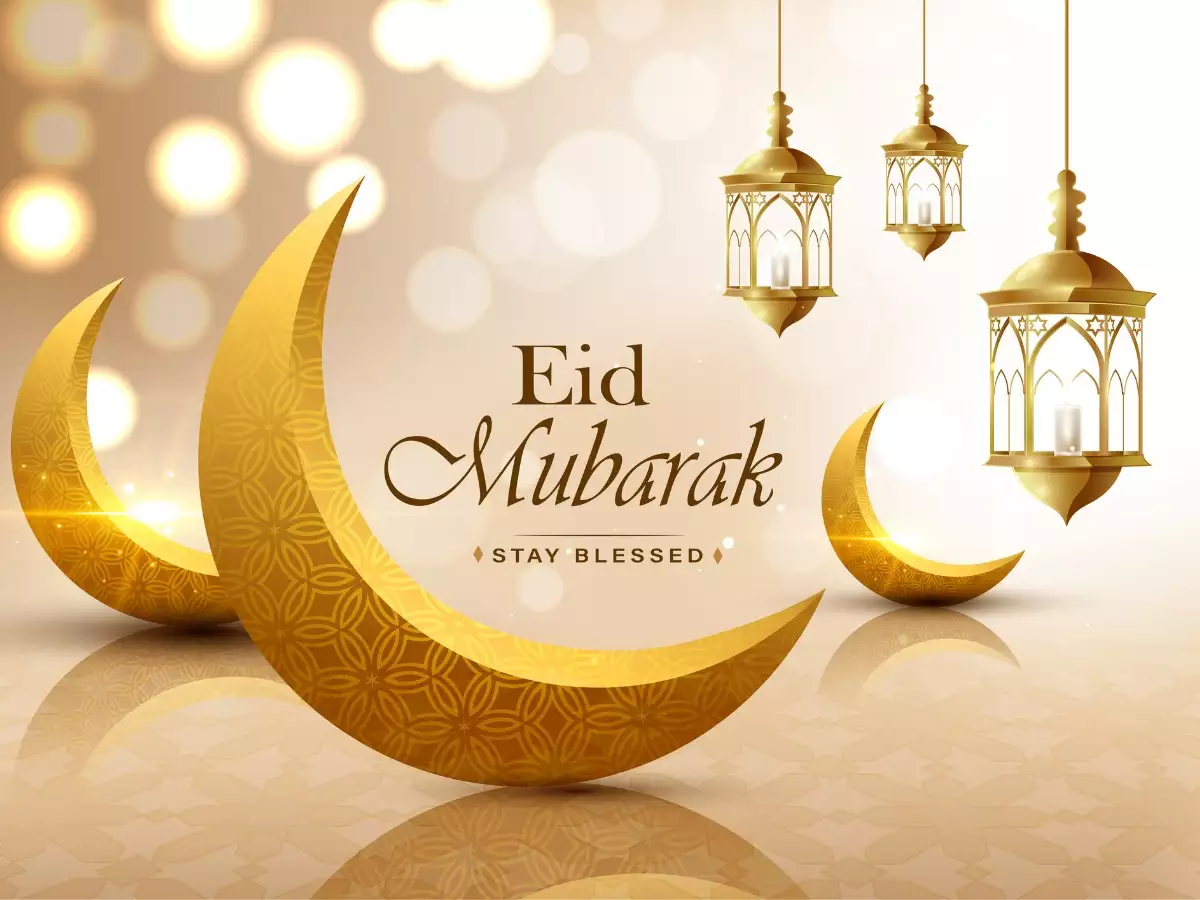Eid Al Fitr: Celebrating the End of Ramadan

Eid Al Fitr is a significant Islamic festival that marks the end of the month-long Ramadan fast. This joyous occasion is celebrated by Muslims all over the world, and it is one of the most important festivals in the Islamic calendar.
The word “Eid” means “festivity” or “celebration,” while “Fitr” means “breaking the fast.” The festival is a time of great joy and happiness as Muslims come together to celebrate the end of Ramadan and the beginning of the Shawwal month.
The celebration of Eid Al Fitr typically lasts for three days and involves a wide range of festivities and traditions. Before the actual day of Eid, Muslims are required to pay a special charity known as Zakat al-Fitr, which helps ensure that everyone can participate in the festivities regardless of their financial status.
On the day of Eid Al Fitr, Muslims typically begin their celebrations by attending the morning prayer service in a mosque or an open space. They then greet one another by saying “Eid Mubarak,” which translates to “blessed Eid.”
After the prayer service, families and friends come together to celebrate by enjoying delicious food and sweets. It is customary to dress up in new or traditional clothing and exchange gifts with loved ones.
One of the most important aspects of Eid Al Fitr is the act of giving to others. Muslims are encouraged to donate to charities or give gifts to those in need, such as the poor and the elderly. This act of kindness and generosity helps to strengthen bonds within the community and promote a sense of unity and compassion.
Eid Al Fitr is also a time to reflect on the spiritual journey that took place during the month of Ramadan. Muslims use this time to pray, meditate, and seek forgiveness for any wrongdoing. This spiritual renewal helps to strengthen their faith and commitment to Islam.
Overall, Eid Al Fitr is a time of great joy, love, and celebration. It is a time for Muslims to come together to share their happiness and gratitude with one another. The festival serves as a reminder of the importance of kindness, compassion, and unity within the Islamic community, and it is a beautiful expression of faith and devotion.

